Gut health and a happy gut are trending subjects but ones that you may not completely understand. The truth is that gut health, i.e. the health of the gastrointestinal tract, affects every system in your body.
Everyone has a unique community of bacteria that live in their gut. This is properly called a microbiome, and no two people have the same one. The health of this community is highly crucial to digestion and also nutrient absorption.
Why Should You Care About Your Gut Health?
One thing you may not realize is that a lot of physical and mental health issues are because of how your gut is functioning. This includes everything from stomach aches and nausea to increased anxiety and panic attacks.
Poor absorption of nutrients can lead to a variety of other health problems. According to increasing amounts of research, the following conditions can be affected by gut health:
- Obesity
- Depression
- Anxiety
- Asthma
- Allergies
- Crohn's disease
- Colitis
Because of its impact on every body system, it's almost impossible to narrow down specific symptoms of poor gut health.
Furthermore, since everyone's gut community is different, some things may work for one person, but not for another. Instead, it's best to understand the types of foods that help gut health and experiment with results.
Here are 13 of the best foods for a healthy gut. Try to incorporate more of these 13 foods into your diet, and you will start feeling much better.
13 Best Foods For a Healthy Gut
1. Kefir
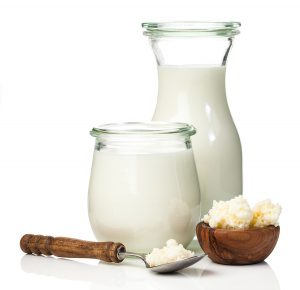
One thing you will notice about this list of 13 best foods for a healthy gut is that many of them are fermented foods. Fermented foods are amazing for your gut! The first one is kefir milk.
Kefir is essentially fermented milk, which makes it somewhat carbonated and often a bit sour. Though it is a dairy product, many people who suffer from lactose intolerance can still drink kefir due to its fermented quality. It has a similar taste to yogurt and offers same benefits, such as adding good bacteria to the gut. It also helps production of vitamin K and vitamin B12.
If your gut doesn't do well with dairy, and you like to add milk to coffee or a smoothie, you can take kefir milk instead.
Tip:
If you are making a healthy gut smoothie in the morning, use kefir milk instead of regular milk or even almond milk. You want all those extra fermented nutrients!
2. Fermented Cabbage
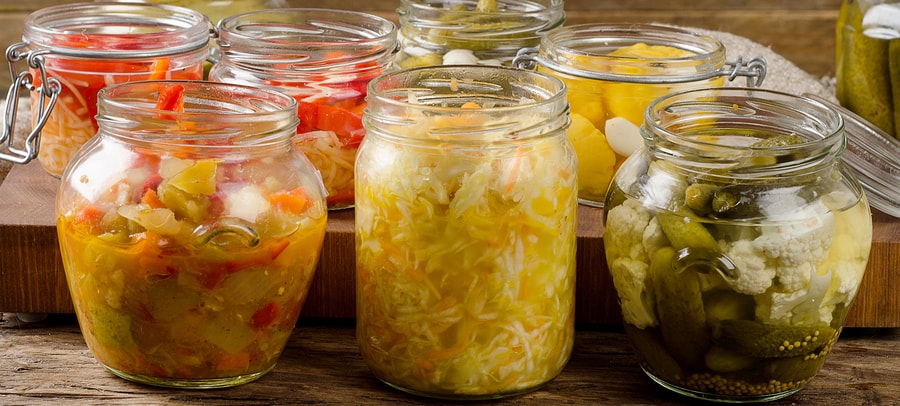
Another fermented food that is on this list for a healthy, happy gut is fermented cabbage. This might not sound appealing, but there are many ways to add it to your current favorite foods.
There are two popular types of fermented cabbage available in most stores: sauerkraut and kimchee.
Sauerkraut is of German origin, and you should buy it fresh. The reason is that canned versions are pasteurized and the good bacteria destroyed.
Kimchee is a Korean condiment that also contains useful bacteria generated in the fermentation process.
If you're not a fan of cabbage, try carrots and ginger.
[adthrive-in-post-video-player video-id=”Te4C6cD8″ upload-date=”2021-11-16T15:10:03.000Z” name=”Lacto-fermented Carrot and Ginger” description=”Lacto-fermented Carrot and Ginger video” player-type=”collapse” override-embed=”true”]
3. Pickles
Pickles can also be high in sodium, so you shouldn’t eat the entire jar in one sitting. But having a single serving of them can be great for your gut health.
Pickled cucumbers or other vegetables can also offer probiotic benefits. But, look for pickles that have labeled live cultures and made with a salt and water brine as opposed to vinegar.
Like with fermented cabbage, pickles that are cooked and pasteurized do not offer the same benefits.
4. Kombucha
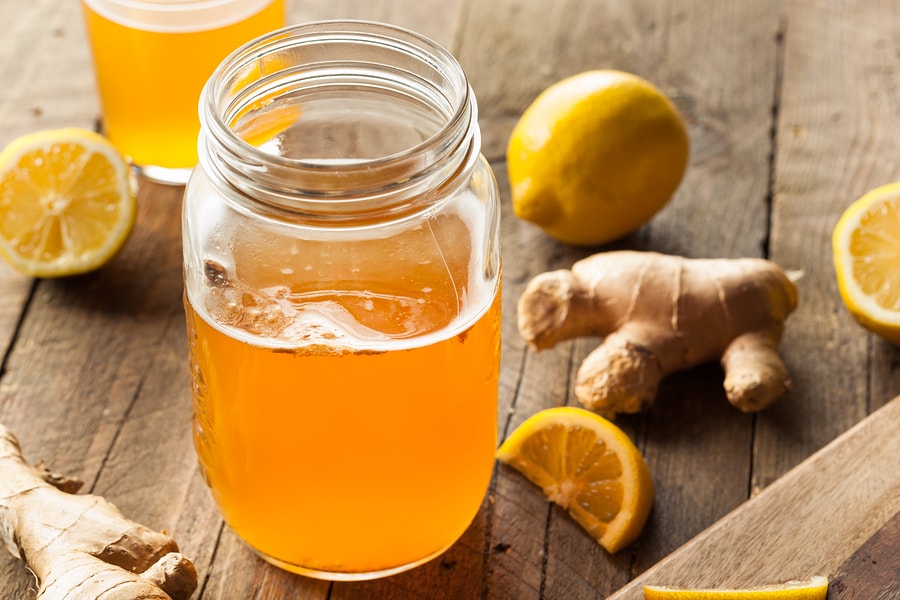
This might be a more familiar name since many people now swear by kombucha.
Like kefir, kombucha is a fermented beverage that has steadily gained traction as a haven for good bacteria.
Kombucha is made from black tea. The fermentation process creates a slightly carbonated, like kefir.
Along with the benefits from probiotics, or good bacteria, kombucha also provides the antioxidants in tea.
If you don’t want to go through the work of making your own kombucha, you can simplify this by getting bottled kombucha. You can find it in health food stores or the health food section of your regular grocery store.
5. Oranges
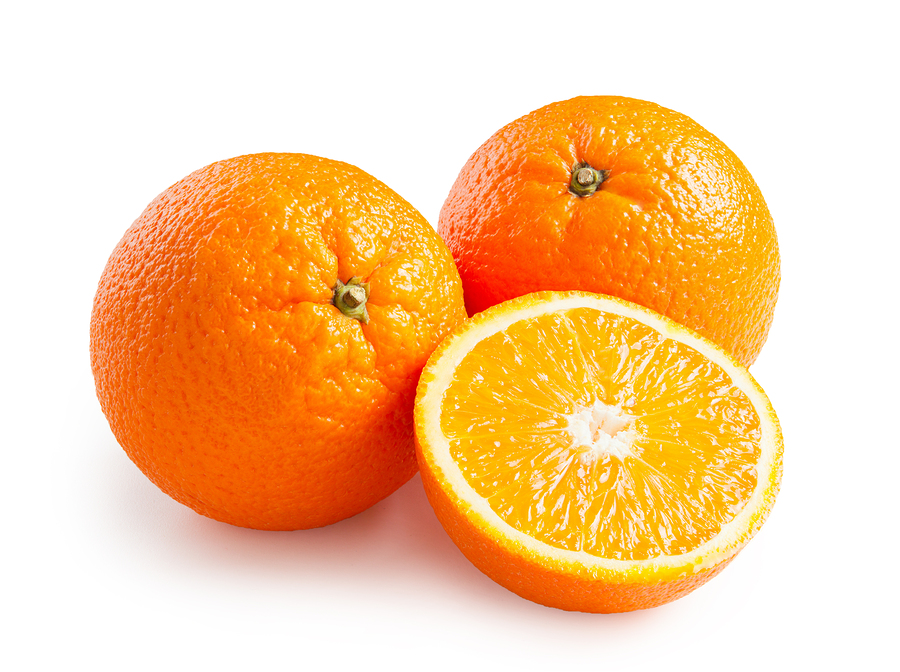
Not all foods that are good for your gut health are fermented, which is good news if you want to eat more of foods you already enjoy. Fresh fruit is one of these categories, starting with oranges.
Oranges and citrus fruit, in general, are helpful to gut health. In particular, whole oranges have benefits due to the membranes of orange segments containing soluble fiber. This type of fiber feeds the good bacteria in the gut and also creates a byproduct fatty acid known as butyrate. This byproduct feeds surface cells to help keep the digestive system healthy.
Try adding fresh slices of oranges to your summer salads. Or squeeze orange or lemon juice on your chicken or fish dishes for a little zip in flavor, or add the fruit to your smoothies or homemade juice. There are a lot of great options here!
6. Sunchokes
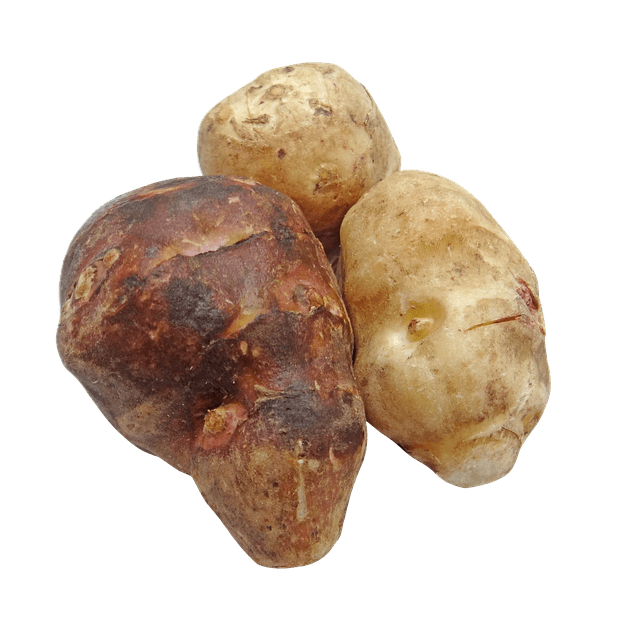
Also known as Jerusalem artichokes, these vegetables do not look anything like a typical artichoke. Instead, they look more like a root such as ginger or turmeric. They contain a high amount of dietary fiber that is indigestible called inulin.
Even though it cannot be digested, it becomes food for the good bacteria colonizing the GI tract. Once again, it creates the byproduct of butyrate, which feeds surface cells and reduces inflammation.
7. Ghee
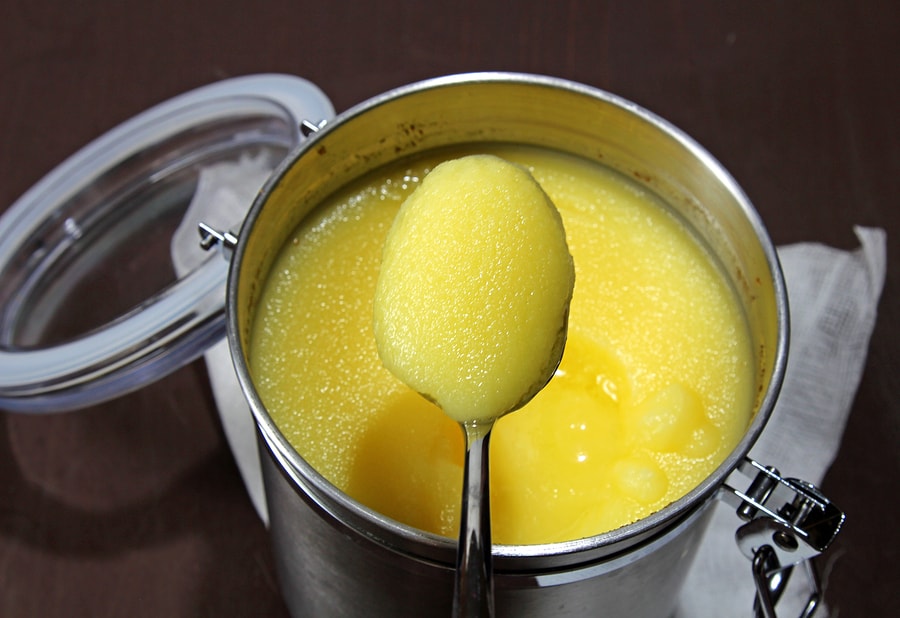
Ghee comes from butter. If you are trying to follow a healthy diet, you might think butter is a big no-no, but that isn’t true at all. Ghee has incredible health benefits and has been used for thousands of years in Ayurveda.
A natural source of already available butyrate occurs in ghee. Consuming it can further increase the barrier function of the intestines. It's always best to choose ghee from grass-fed cows.
As with anything, moderation is key when adding high-fat foods to your diet. Use ghee to flavor vegetables, encouraging you to eat more veggies, but also getting the gut-healthy butter at the same time.
8. Garlic
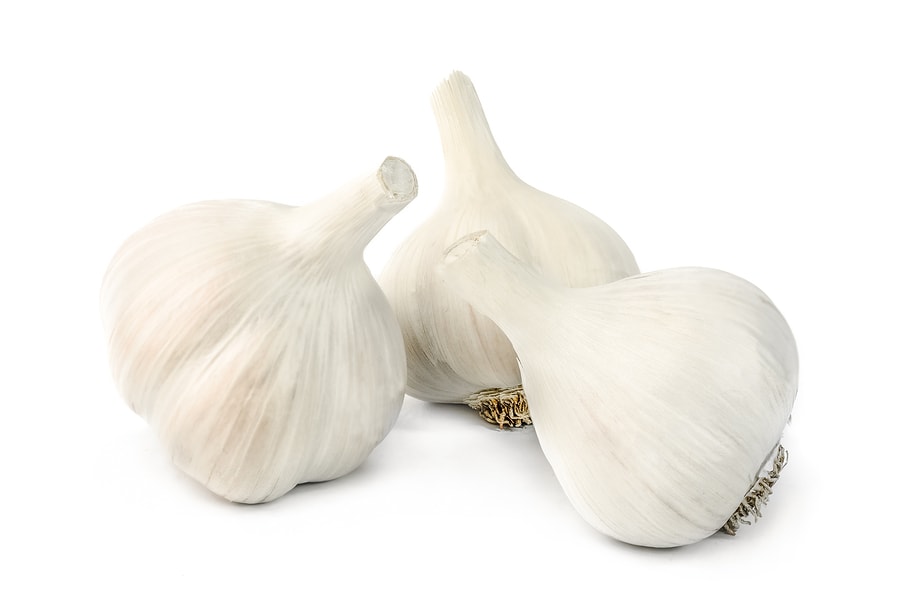
Are you looking for healthy ways to add flavor to your favorite foods? If so, garlic is your best friend! It is good for you in so many ways, including helping with your gut health.
Garlic is a prebiotic, which is a food source that feeds good bacteria and helps it proliferate. As garlic adds savory flavor to many foods, it's easy to get a regular helping of garlic throughout the day.
9. Lentils
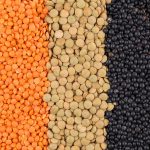
Lentils are an excellent food to add to your diet, and super easy to work with as well!
Lentils provide soluble fiber, which is fermented by the gut. They are also a prebiotic source, which feeds the existing good bacteria in the gut.
With the added fiber and protein of lentils, they are also perfect if you are on a restricted diet, such as a vegetarian or vegan diet. You can make soup, chili, add them to salads, and do many other things with lentils. Have fun with them!
10. Dark Chocolate
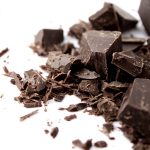
Who doesn’t love chocolate? Yes – you can have chocolate and even have it be good for you! Dark chocolate is an excellent way to take care of your gut, but you want to avoid milk chocolate. Instead, go for dark chocolate.
Dark chocolate is another food that is efficiently fermented by the gut and creates helpful byproducts. But, to qualify as dark chocolate, the food must be at least 70 percent cacao.
There are many different brands, available, that are delicious and have the right amount of cacao to be dark chocolate.
As an added bonus, this type of chocolate has other important nutrients for your body, including being anti-oxidants.
11. Yogurt
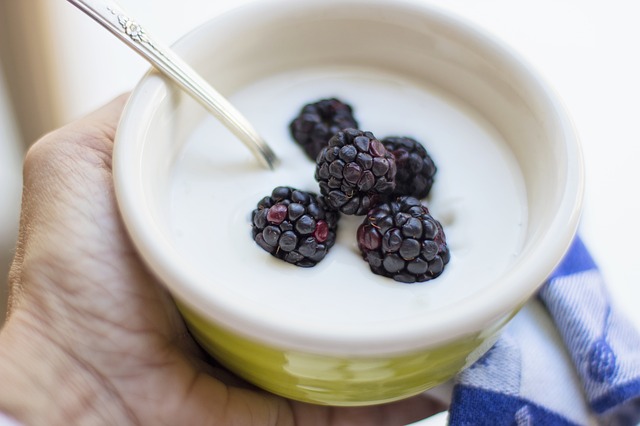
Next up is your yogurt, which probably comes as no surprise. Yogurt is one of the classic and most well-known probiotic foods.
But, in order for it to be beneficial, it needs to be labeled as having live active cultures and it should be low in sugar. Don't worry about fat content, but the sugar content should be less than 15 grams. Remember that sugar feeds bad bacteria in the gut.
Do not choose a fancy, flavored yogurt with 20-30 grams of sugar in one small container. Go for as natural of an option as possible, making sure it contains live active cultures with a low sugar content.
Typically, non-flavored yogurt is going to be your best bet.
12. Miso
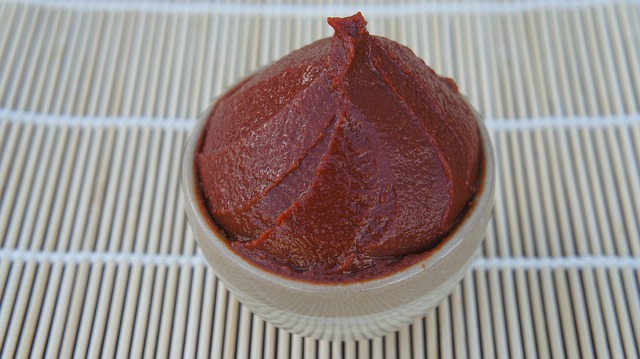
Add miso to your regular dietary routine if you want to pay better attention to your gut health.
This is a Japanese flavoring paste made from fermented soybeans. It has plenty of probiotics for gut health, as well as protein and fiber. The darker the color of miso, the stronger the taste. You can use Miso in salad dressings, sauces or soup broth.
The only thing to watch out for in miso is the amount of salt. Most miso paste is very high in salt, like soy sauce. As you know, salt is sodium, which is okay in moderate amounts, but you shouldn’t be excessive about it.
You will hear this repeated a lot – moderation is your best friend!
13. Sourdough Bread
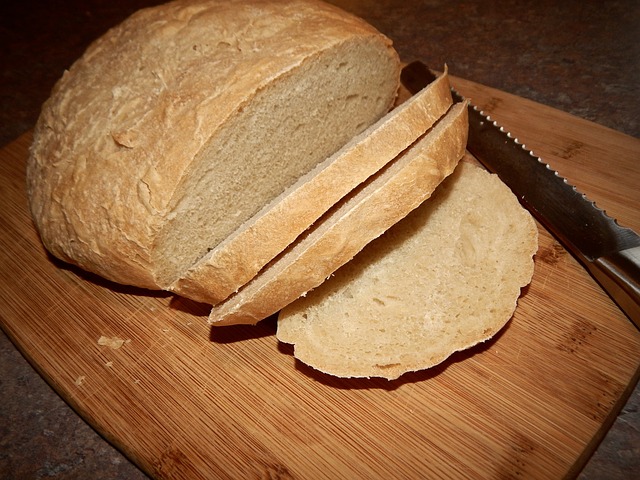
Last up is your sourdough bread. In terms of bread, the best ones are usually whole grain or sprouted bread. But sourdough is also considered a healthier alternative to white bread and other options.
Making sourdough bread requires the use of a friendly bacteria called lactobacillus. This type of bread can be very helpful to those with diabetic or pre-diabetic conditions. It causes a smaller spike in blood sugar compared to the usual yeast used in bread making.
As with all foods on this list, you want to look at the ingredients list to make sure you have as natural of an option as possible.
Now that you have learned about these 13 best foods for a healthy gut, start to add more of them into your diet to improve your microbiome. Remember, your health depends on the quality of your digestion. Every cell in your body is created from the foods you eat. Poor digestion is a major factor in the production of disease.
How To Track the Quality of Your Digestion
One of the ways you can track the quality of your digestion is by paying attention to your elimination. For example, if your stools have a bad odor, this suggests the presence of toxins in your GI system.
Do You Need to Cleanse?
More signs you have toxins in your GI tract:
- Feeling heavy
- Weight gain
- Poor digestion
- Lethargy
- Susceptibility to infections
- Fluctuations in appetite
- Emotional instability
- Rashes, Itching skin
- Thick coating on your tongue
- Bread tenderness or swelling
- Headaches
- Allergies
If you have any of these symptoms, without a doubt you will benefit from a spring cleanse. A seasonal cleanse can do wonders for your health. We live in an increasingly toxic world and it's a good idea to do a cleanse each spring and fall.
Cleansing improves and invigorates every system in your body. It's like hitting a reset button for your body. It will help improve digestion, immune system and increase your energy.
What is the Colorado Cleanse?
A 2 Week At-Home Detox and Digestive Cleanse
The Colorado Cleanse is a 2-week at-home Ayurvedic digestive detox and lymph cleanse program. During the 2-week Colorado Cleanse, you will do a daily practice of yoga, meditation, and breathing exercises, 12 minutes of aerobic exercise each day, take Ayurvedic herbal formulas that support the detox process, and eat a special diet featuring the classic Indian dish, Kitchari.
There are the three cleanse options so you can choose the one that fits your needs best:
- 2-Week Colorado Cleanse (Group event)
- 2-Week Colorado Cleanse (Anytime)
- 4-Day short Home Cleanse
14 Day Group Event
The group cleanse gives you the opportunity to collectively cleanse with hundreds of people around the world. Dr. John Douillard provides step-by-step guidance via live Q&A calls, video lectures, and daily emails. There is also a private online forum, where you can connect with fellow cleansers, receive support and guidance from experienced cleansers and staff moderators, as well as have a platform to share your own unique experiences.
14-Day Group events are held each spring and fall in April and October, dates to be announced. They are a chance to cleanse with an entire online community, so you are supported by fellow cleansers and Dr. John himself.
What happens if it is not spring or fall when you are reading this? That's OK… Go for the Anytime Colorado Cleanse
2-Week Colorado Cleanse – Anytime
This is the same cleanse, but without the guidance from Dr. John. The Anytime Colorado Cleanse is best for cleansers who have done the cleanse before, are self-directed and can't cleanse during the scheduled Group event. The guidance for the Anytime Colorado Cleanse comes from the Colorado Cleanse + Seasonal Cookbook written by Dr. John.
4-Day Short Home Cleanse
The short Home Cleanse was designed for those who would like a little taste of what the 14-day Colorado Cleanse is like, and busy folks who don't have the time for a longer cleanse. It uses the same Ayurvedic cleansing concepts: Kitchari, ghee, herbs, a laxative therapy, and self-care protocols.


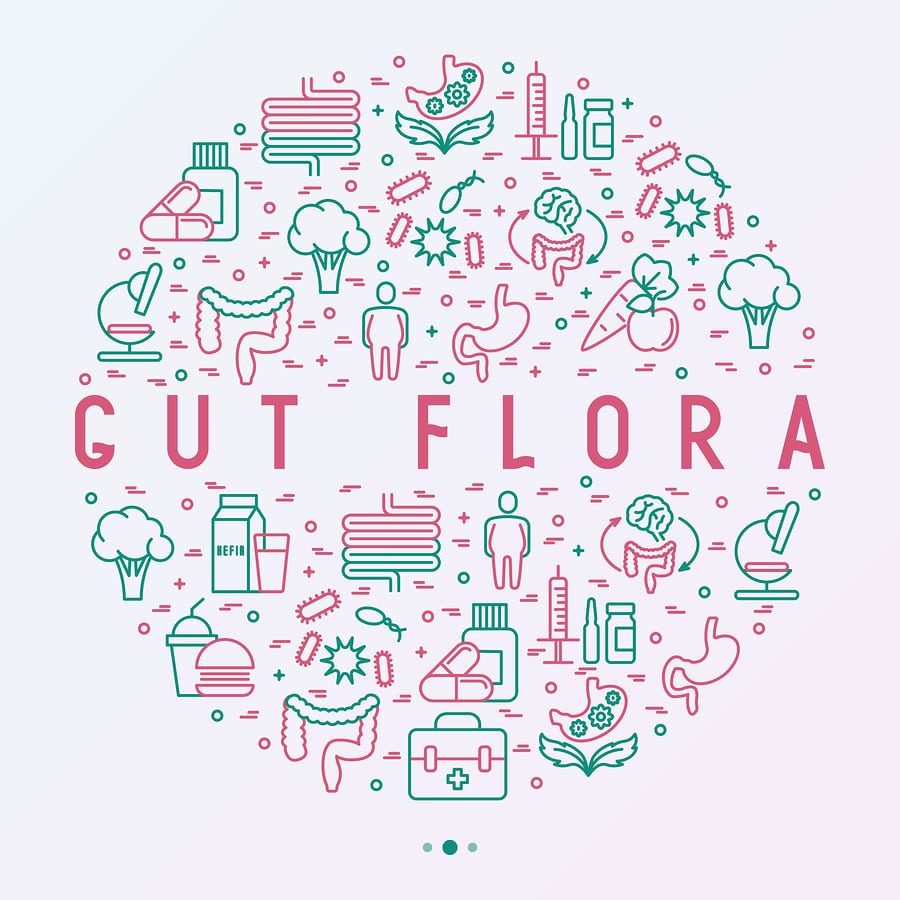





I’m so glad I came across your post about gut health. These are all very helpful.
I’ve read and researched about natural remedies for seasonal allergies and most if not all of them do point out that gut issues does affect or rather make it worse. I’ve always thought that those allergies were just on the surface and antihistamines could be the answer. But as I dig in, it all seem to start in the gut. So it’s very important to keep the gut always healthy.
Thanks so much for these info!
Yes, the gut is the gateway to health for sure! Thanks for connecting. 🙂
I can’t say I’ve ever had fermented food before, but there several items on your list I did enjoy.
I like pickles, yogurt, garlic, and especially dark chocolate.
My wife also likes garlic a lot, and will also use it in almost every dish she cooks.
While I know these foods are good for you, what types of foods would you recommend stay away from?
Hi Michael,
Foods that have been chemically processed foods made from refined ingredients and artificial substances.
Processed foods are typically loaded with added sugar… or its evil twin, High Fructose Corn Syrup.
Highly processed foods often contain:
Preservatives: Chemicals that prevent the food from rotting.
Colorants: Chemicals that are used to give the food a specific color.
Flavor: Chemicals that give the food flavor.
Texturants: Chemicals that give a certain texture.
These foods are not only toxic, they are low in nutrients. Avoid these kinds of food and your health will improve.
Also, if you have digestive issues, stay away from fried foods, soda, dairy and coffee.